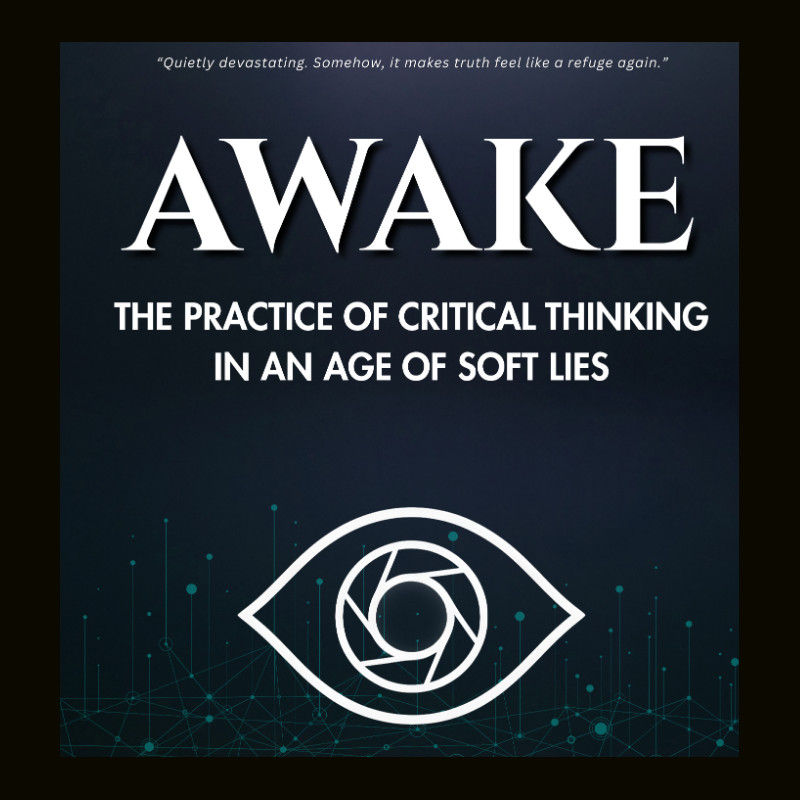Religion is Poison
- Terry Wigmore
- Sep 27, 2022
- 3 min read
Updated: Sep 30, 2022
The usual understanding of faith, especially the Judeo-Christian manifestation of faith (though one might argue this same claim for Islam, and Eastern traditions such as Buddhism and Hinduism, among other belief traditions) is that so much good has been contributed to humanity, and that we are as enlightened, progressive, and more interconnected as we are, in the 21st century, because of the contributions of religion.
I am not sure that claim is as rock solid as I once believed, as one who was raised in a traditional Christian family, who studied Christian theology, and who practiced personal religious traditions within that faith framework. To say that I am not certain is likely an understatement. I am becoming more and more convinced that religious belief presents a clear and present danger to modern civilization through the dogmatism of believers.
I am sure I am not the only one who has winced whenever I saw news on TV or on YouTube, depicting the actions of people (often the very leaders of the flocks) who claimed the same adherence to the Bible and to the teachings of Christianity, that I did, whose actions and words were anything but what Jesus expounded in the New Testament. So, how did we get to the place where the inconsistencies between belief and action have become so stark and are now an affront to a person of conscience and a danger to the well-being of society?
Part of the answer seems to be found in the role of social media in the lives of people everywhere. We can post almost anything to the internet, without filters or fact-checking, and whatever we uploaded will be available to be read, watched, or listened to, by a global audience. This is a precariously dangerous freedom. Sure it is our protected right to hold and express personal views, but some of these views seem to be counter-productive at best, egregiously dangerous to the well-being of others at worst. The case of Christian Nationalist beliefs offers one example (https://www.christianitytoday.com/ct/podcasts/quick-to-listen/christian-nationalism-capitol-riots-trump-podcast.html) But these types of extremist beliefs are found in Judaism, Islam, and even the Eastern beliefs of Hinduism and Buddhism (https://www.nytimes.com/2016/08/01/opinion/how-religion-can-lead-to-violence.html) and these points of view are readily found, liked, and shared on social media.
Another part of the answer seems to be that most people are not used to using their critical thinking skills, or do not seem to have enough of a moral compass, or are just too busy, and beaten up by the struggles of life to care about how their actions measure up to the faith they claim to embrace. Inconsistencies are the problem. If people claim to belong to a tradition that cares for others, but practice hate, that behaviour makes their faith claim null and void, in my opinion. And if the adherents, of any faith, are unable to consistently walk the walk of their teachings, perhaps it is time to consider other options.
I am not going to suggest that everyone abandon their beliefs, whatever tradition one embraces, and I will not challenge the claim that faith has contributed to the good of the human condition. What I will do is ask for reasonable people to stop sweeping under their carpet of faith, the instances of glaring inconsistencies in behaviour between what people claim to believe, and what the adherents of that faith actually practice. A true believer cannot, in good conscience wear the T-shirt worn at Trump rallies: "Jesus is my saviour, Trump is my president". One cannot embrace the teachings of Jesus, and the lying of Trump. This kind of cognitive dissonance is problematic, and seems to be fairly widespread.
Maybe not all the practices and beliefs of religious traditions are as troubling and inconsistent, but that beliefs are disconnected from the actions and thoughts of adherents is a wolf-in-sheep's-clothing type of problem. Or, as the image I chose for this post suggests, the good-medicine (of faith and belief - the drink of this and be made well sort of thing) may actually be toxic to your humanity.
*An extended version of this idea is found in my latest podcast added at the bottom of my podcast page (https://www.terrywigmore.com/podcasts-2019)






Comments